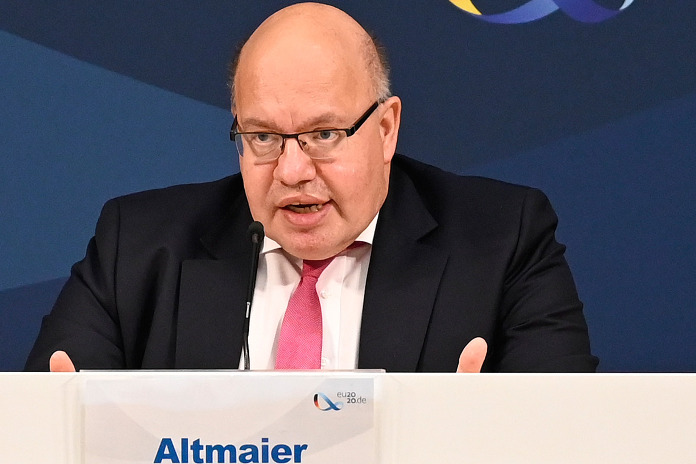BRUSSELS, Belgium — The EU is making additional financial resources available to the member states to strengthen cohesion and boost the economic recovery from the COVID-19 pandemic.
The German presidency of the Council and the European parliament reached a political agreement on REACT-EU, an emergency legislative initiative to release €47.5 billion through the structural funds to the hardest hit member states and regions. This additional funding will come from the European Recovery Instrument.

“The political agreement reached is an important step towards emerging stronger from the crisis together. REACT-EU will ensure that the European regions, especially those most impacted by the pandemic, will rapidly receive additional funding over the next two years for investment in a green, digital and stable economy,” Peter Altmaier, German Federal minister for economic affairs and energy.
The additional resources will be available over two years:
- €37.5 billion in 2021
- €10 billion in 2022
REACT-EU, which stands for Recovery Assistance for Cohesion and the Territories of Europe, is intended primarily to bolster health services, jobs and small and medium-sized enterprises while stimulating the twin green and digital transitions.
Support could be used for short-time work schemes to preserve jobs; education and training, especially teaching digital skills; improving access to social care; or providing working capital to SMEs as well as financing green projects.
Since regions and sectors have been affected to varying degrees by the pandemic, member states will have exceptional flexibility in using the resources, including transferring money between structural funds, programmes and categories of regions. REACT-EU can also support cross-border cooperation in times of crisis.
Given the urgency of the situation, member states can request up to 100 percent EU funding, unlike other cohesion programmes which require national contributions.
In addition, the 2021 initial pre-financing rate, the advance payment at the start of a programme, will be 11 percent of the total sum dedicated to that programme.





